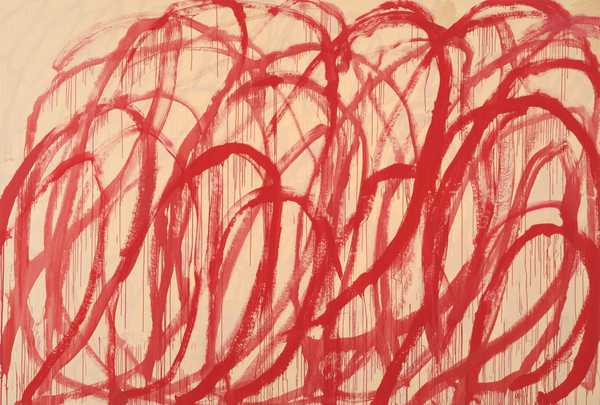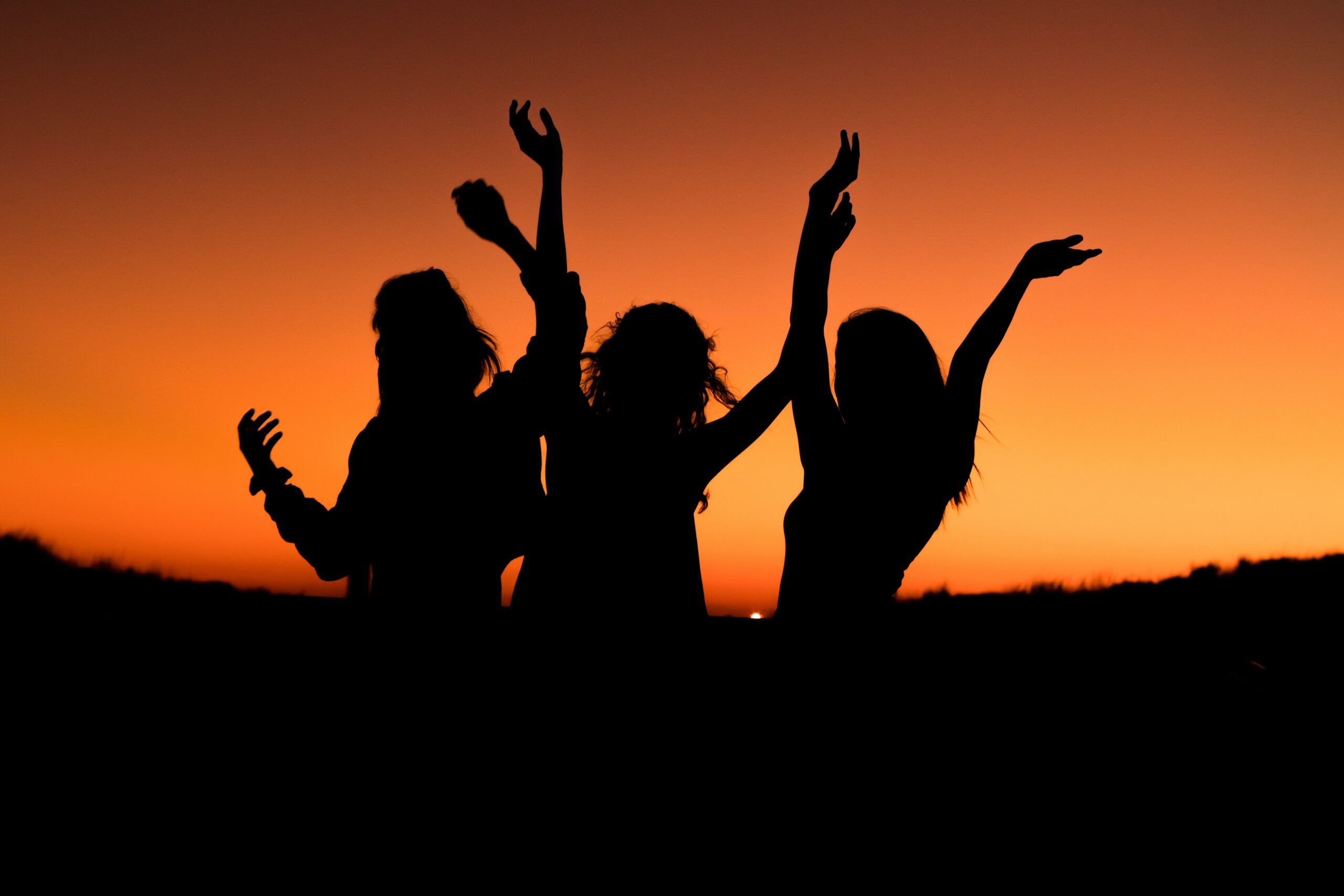The Erotic as an Antidote to Anhedonia
Anhedonia is the inability to experience or feel pleasure, and it can manifest in various ways. It is an element present in many depressive disorders or can simply be a general feeling of malaise or apathy in daily life. It’s that sense of moving through life with no thrill, desire, spark, or hunger – just existing while time passes. Working with clients in the realm low libido and low desire, I have definitely come across various expressions of social and sexual anhedonia.
The Status Quo is Killing Us
Today, it seems that being overwhelmed, overworked, and undernourished is more common than regularly experiencing pleasure, delight, and ease in daily life. Living on “auto-pilot” is a common complaint I hear from clients. Surviving, not thriving, as we say. I believe that one of the hallmarks of anhedonia is a pervasive sense of disconnection, both from others and from ourselves. At its extreme, it’s the fact that 58% of adults in the U.S. consider themselves lonely – this percentage increases for minorities, young adults and low income individuals1. Or, that the WHO reports that someone dies from suicide every 40 seconds2. Or that chronic loneliness can increase your mortality risk by 83%. And Dr. Molly Maloof tells us that, “social disconnection is greater driver of disease than smoking, drinking, sedentary behavior or obesity”3. This anhedonic displeasure and disconnection seem to be growing, and its heartbreaking.
We Deserve More
Why are so many people living with this daily baseline melancholia? Life is an incredible gift. A remarkable experience of incomprehensible wonder buzzing with beauty. We deserve lives full of relational intimacy, satisfaction, and joy. We deserve a sense of being passionately connected to our lives, where we draw meaning from a place of deep self-knowing, and express ourselves in the world from that place of inner power.
How we arrived at a place of culturally prolific anhedonia and where we are is important; but I find the question of how we transition from a state of dispassionate disconnection to one of meaningful connection and lives filled with pleasure and ease to be more intriguing.
Erotic Solutions
For me, the answer lies in the infinite potential of the erotic. Yes, the erotic can be sexual, but it is also creative, connective, intimate, poetic, artistic, and sensual. It’s the passion behind Martin’s Luther King’s I Have a Dream speech, which always brings me to tears. It’s the provocative movement in Cy Twombly’s work. It’s the intensity of the moment right before stepping on stage to give a presentation. The erotic is what makes us feel heart poundingly alive.

I believe it is a powerful laboratory for transformation because it is a space where we can do so much: learn, be challenged, evolve, communicate, explore our bodies, power dynamics, emotional patterns and conditioning, creativity, and unlimited possibility. By connecting to these elements the erotic can act as an antidote to anhedonia.
When speaking with so many women about their lives, particularly about their relationships, a common sentiment arises again and again, “I haven’t felt that spark or desire in a long time”. Psychology tells us that activating our seeking and desire systems are fundamental to our capacity to experience pleasure. From an erotic perspective, utilizing pleasure practices can help our dysregulated and uninspired nervous systems heal and remember their capacity for joy and delight. The erotic has the power to shift us from our conscious, goal-oriented, and hustle mindset into a more relaxed state.
Enlightened Orgasms
When meditators describe glimpses of enlightenment or moments of awakening, where they touch it for just a second with their presence and existence, I can’t help but think about orgasms. Not just because post-orgasmic brain waves resemble meditation brain waves4, or because studies have shown that sexual stimulation produces more mystical states than psychedelic drugs5, but because when you are having an experience where your body feels like a firework, intensely exploding beyond the limits of your skin, a period of complete cessation where nothing else matters, where you can’t even remember your name, you are meeting momentary enlightenment with pleasure as your vehicle, and this can inform and then shape our day to day experience of pleasure and joy in life.
If you aren’t having these types of orgasms yet, don’t worry! Your orgasmic potential is infinite. As Dr. Nan Wise says, “As a mindful yet somatic experience, sex has the capacity to elicit the pleasure pathway and reboot the seeking system, jolting us out of anhedonia”. A-fucking-men.
Everyday Peak States
And look, I adore euphoric, earthshaking, melty, delirious orgasms. Peak states are important. But one distinct hallmark of my work is ensuring that we don’t just encounter the magic of being alive in peak states but rather how we cultivate pleasure and joy in our everyday lives. How do you find the extraordinary in the ordinary? How do you find the sacred in the mundane?
Finding pleasure in going to work, in making hard decisions, cleaning your house, or playing with your kids when you’ve barely slept is a practice of staying connected to the erotic and allowing it to be present in each moment. How you find pleasure in challenges, how you find pleasure when you feel like you’re going through a personal mercury retrograde and it feels like nothing is going right, is key to nurturing a life that tingles with more pleasure and ease. And, yes sometimes things are just going to suck. Building a life of pleasure isn’t about bypassing when things are shit. That’s delusional. Pain and suffering are a part of life. It’s something that we share and can actually bring us closer together (more on this soon). It’s about not creating unneeded suffering and not letting inevitable challenges define our overall experience.
Nurturing Your Relationship to the Erotic
If you want to start connecting to the erotic energy in each moment try using your senses. Notice what you see, feel, hear, smell and taste in the moment. This sensual approach will yield greater presence. Presence brings greater possibility and aliveness. If you’re curious about exploring your own relationship to pleasure a bit more you can also consider these questions:
- What is your current relationship to pleasure?
- What do you want your relationship to be?
Send me your answers, I’d love to hear!
- The Cigna Group Newsroom – Loneliness in America.” The Cigna Group Newsroom, newsroom.thecignagroup.com/loneliness-in-america. ↩︎
- Suicide Data.” Www.who.int, www.who.int/teams/mental-health-and-substance-use/data-research/suicide-data. ↩︎
- Dr. Molly Maloof. The Spark Factor. HarperCollins, 31 Jan. 2023. ↩︎
- Nan Ellen Wise. Why Good Sex Matters : Understanding the Neuroscience of Pleasure for a Smarter, Happier, and More Purpose-Filled Life. Boston, Houghton Mifflin Harcourt, 2020. ↩︎
- Siegel, Vivian, and Benjamin Emmert-Aronson. “Both Partners Practicing Orgasmic Meditation Report Having a Mystical-Type Experience: Results Using the Mystical Experience Questionnaire.” F1000Research, vol. 10, 22 July 2021, p. 638, https://doi.org/10.12688/f1000research.53496.1. Accessed 16 Aug. 2021. ↩︎
